Publicado el
Actualizado por última vez en
The workshop held on 1st of November under title Equal Access on the Web at the first Internet Governance Forum in Greece reminded us that as one of the panelists pointed out, IS stands not only for Information Society but for Inclusive Society as well.
Panelist Shadi Abou-Zahra of the World Wide Web Consortium – W3C provided an introduction to the issue of accessibility of web sites for persons with disabilities and explained the standards and technical details around making a web site accessible. Norbert Bollow of a Swiss Internet User group presented Swiss success stories and the long road to introduce necessary legal frameworks and establish certification for accessible web sites. Nikolaos Floratos of e-ISOTIS (greek for e-quality and at the same time an acronym for Information Society Open to Impairements) brought us to what 21st century should look like, presenting a project titled "Ask-It" – currently the largest project aimed at improving quality of life of impaired people in EU. I would assess this workshop as one of the most interesting and utterly important. The percentage of persons with disabilities in EU plus accession countries (as presented by one of the panelists) is more than significant and the total number is expressed in milions of people. In addition to that, the EU faces problems of ageing, expecting that in 2025 more than 20% of population will be over 65. These people loose certain abilities and therefore increasingly need support and gain acess to online spaces. Yet, workshop room was not even half full. And the answer to my question whether the IGF 2006 web site is accessible was negative.


